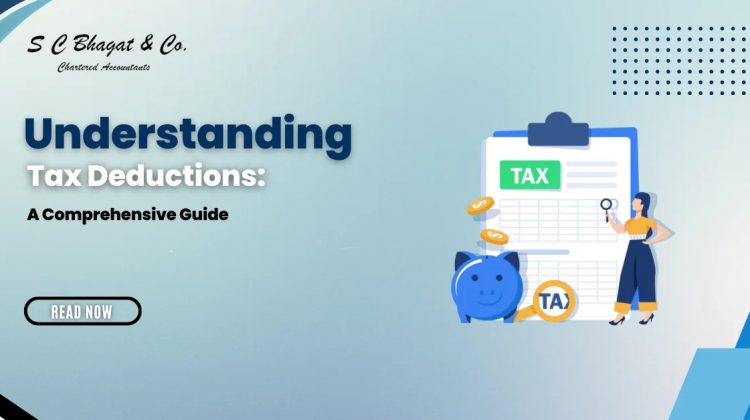Tax season can be a stressful time for many individuals and businesses. However, understanding tax deductions can significantly alleviate this financial burden. In this comprehensive guide, we will explore the intricacies of tax deductions, from the basics to more complex strategies.
Common Tax Deductions
Tax deductions are a way to reduce your taxable income, ultimately lowering the amount of taxes you owe. Here are some of the most common deductions:
- Home Mortgage Interest
One of the largest deductions for homeowners, this allows you to deduct the interest paid on your mortgage. For many, this deduction can result in substantial savings, making homeownership more affordable in the long run.
- Charitable Contributions
If you’ve donated to a qualified charitable organization, you can deduct these contributions. It’s a win-win situation, as you get to support causes you care about while reducing your tax liability.
- Medical Expenses
Medical expenses can be a significant financial burden, but you can deduct those that exceed a certain percentage of your income. This deduction provides much-needed relief for those dealing with healthcare costs.
- Education Expenses
Education is an investment in your future, and tax deductions can help you save money on tuition and related costs. Whether you’re pursuing higher education for yourself or supporting your children’s learning journey, these deductions can ease the financial strain.
Eligibility Criteria
Understanding who qualifies for tax deductions is crucial. Most deductions have specific requirements and eligibility criteria, so it’s vital to maintain proper records of your expenses and contributions. To benefit from these deductions, ensure that you meet the necessary criteria and have the documentation to support your claims.
Itemized Deductions vs. Standard Deductions
You can either itemize your deductions or take the standard deduction. It’s essential to determine which method is more advantageous for your specific situation. By itemizing your deductions, you can potentially save more money, but it also requires more detailed record-keeping. On the other hand, the standard deduction offers a simplified approach, but it may not provide as much tax relief in certain cases. Assess your financial situation and consult with a tax professional to decide which method is best for you.
Types of Tax Deductions
Tax deductions come in various forms, each catering to different aspects of your financial life. Let’s explore these categories and provide guidance on how to claim them:
- Above-the-Line Deductions: These deductions are available to everyone, regardless of whether you itemize or take the standard deduction. They include deductions for contributions to retirement accounts, health savings accounts, and alimony payments.
- Business Deductions: If you’re a business owner, there are numerous deductions available to offset your business expenses, such as office rent, utilities, and business-related travel.
- Itemized Deductions: These deductions require you to itemize your expenses, which can include state and local taxes, mortgage interest, and unreimbursed employee expenses.
Maximizing Tax Deductions
To make the most of your deductions, consider the following strategies:
- Keep meticulous records of your expenses, ensuring you have documentation to support your claims.
- Consult a tax professional for personalized advice. They can help you navigate the complexities of the tax code and identify deductions you may have overlooked.
- Take advantage of tax-advantaged accounts, such as IRAs and 401(k)s, to reduce your taxable income.
Conclusion
Understanding tax deductions is a fundamental aspect of managing your finances. By taking advantage of the deductions available to you, you can significantly reduce your tax liability and keep more of your hard-earned money. Don’t hesitate to explore these opportunities and secure your financial future.
FAQs
- Can I claim tax deductions for business expenses?
Yes, you can claim tax deductions for legitimate business expenses, but you must keep proper records and follow tax laws.
- How do I know if I qualify for itemized deductions?
To determine if you qualify for itemized deductions, compare your itemized deductions to the standard deduction for your filing status. Choose the method that results in a lower tax liability.
- What should I do if I have complex tax situations?
If your tax situation is complex, consider seeking advice from a certified tax professional who can help you navigate the complexities of the tax code.
- Are there any deductions that are often overlooked?
Yes, some deductions are frequently overlooked, such as job search expenses, student loan interest, and certain home office expenses. Be sure to explore all potential deductions.
- How can I keep my tax records organized?
Use a dedicated filing system or digital tools to organize your tax-related documents, receipts, and statements. Staying organized will make it easier to claim deductions and file your taxes accurately.
By following the advice presented here and consulting with tax professionals when needed, you can optimize your tax situation and keep more of your money in your pocket. Remember that tax deductions are a valuable tool for reducing your tax burden and achieving your financial goals.

